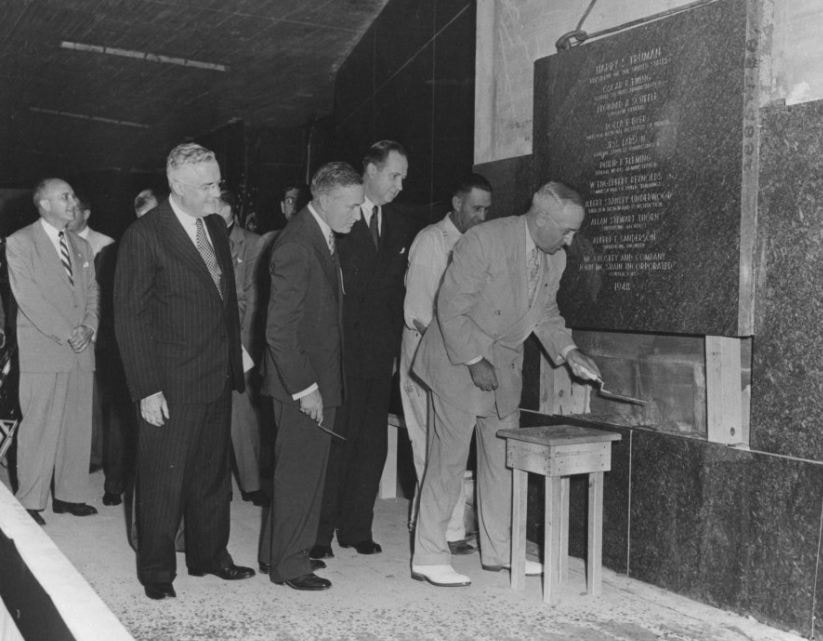Healthcare professionals receiving our publications are invited to contact us about ideas for future editions and editorial submissions by emailing fhmeditorial@capitalpublishing.com or calling 813-286-8444
© 2024 Capital Publishing Inc - All Rights Reserved



